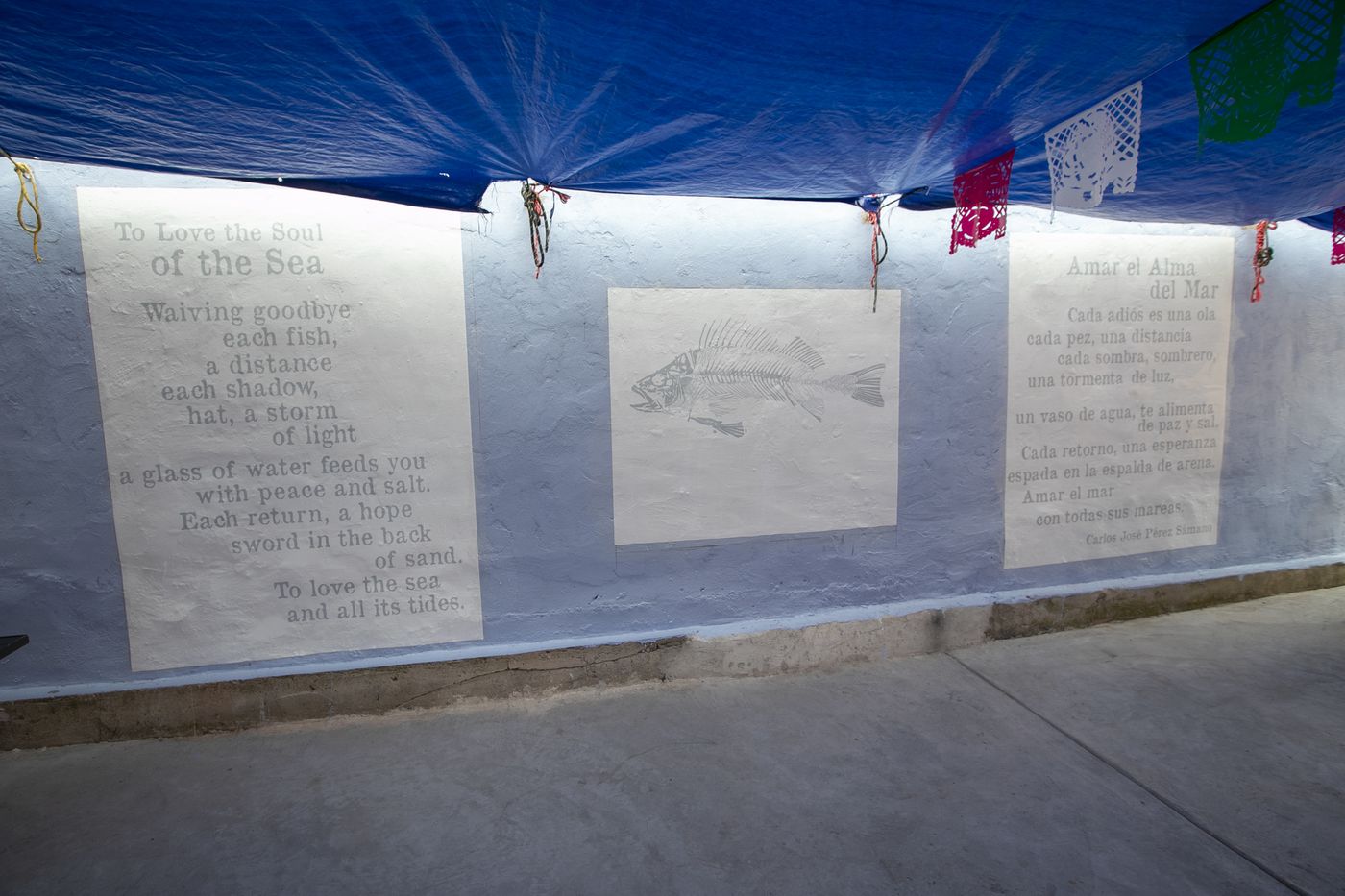Headless men with face on chest
The hapless condition of headlessness may be a physical phenomenon, but it may also be a grammatical or orthographic category in linguistics, and we have dealt with both kinds on Language Log, e.g.:
- "More vitriolic rhetoric from KCNA" (10/8/17)
- "Headlessness in North Korean propaganda" (10/30/17)
- "Decapitated Democracy, Headless Liberty" (9/7/10)
Now, what shall we make of the following?

Xingtian as drawn by Jiang Yinghao, 17th century; there are many different versions of this figure, but all basically with the same features and pose.

One of the Blemmyes, from a map of 1566 by Guillaume Le Testu. Among the scores of Blemmye representations I've seen, they're all roughly of this nature.
Both figures are pictured on a flat space amidst mountainous terrain. Both have a weapon in their right hand and a shield / pail in their left hand. Both have their right leg raised / advanced. Both have their face on their chest and lack a head. Etc. I doubt very much that they could have arisen completely independently.
The Blemmye is associated with the word Scythe, an Iranian people who traversed the vast lands between Crimea and Korea. More than any other group in the first millennium BC, which was so crucial for transeurasian exchange during the transition from the Bronze Age to the Iron Age, the Scythians were responsible for the transmission of cultural products across Eurasia. This was due to their mastery of horse riding, advanced weaponry, and organizational and mental prowess.
This fits with the paradigm of long distance transmission of culture and language that I've been developing for decades in scores of posts, articles, and books.
Read the rest of this entry »


